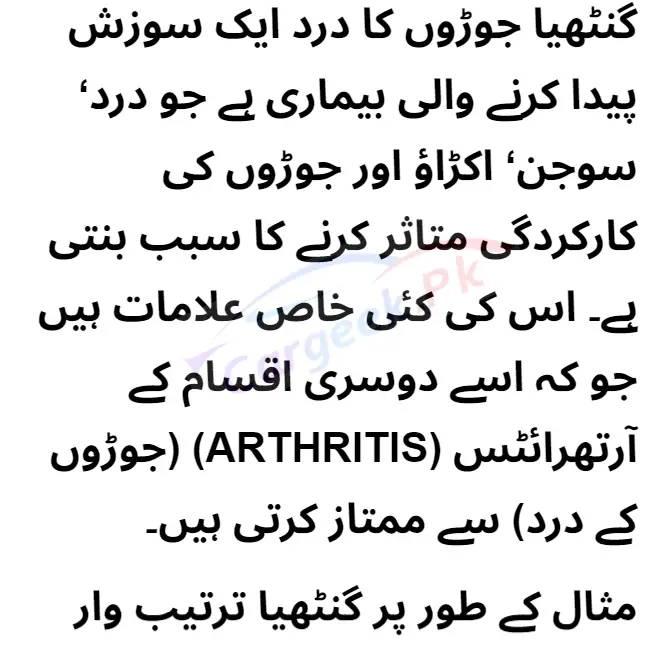Introduction to Rheumatoid Arthritis (RA)
Rheumatoid arthritis (RA) is a chronic autoimmune disease that causes inflammation, pain, and stiffness in the joints. Understanding the impact of RA on daily life is crucial for finding effective pain relief solutions.
Understanding rheumatoid arthritis RA occurs when the immune system mistakenly attacks the body’s tissues, primarily targeting the joints. It can lead to joint damage, deformity, and disability if left untreated.
Impact of RA on daily life Living with RA can be challenging, as it often results in pain, fatigue, limited mobility, and decreased quality of life. Finding ways to manage symptoms and improve overall well-being is essential for individuals with RA.
Benefits of Natural Home Remedies
Advantages of using natural remedies for pain relief Natural remedies offer a holistic approach to managing RA symptoms, providing relief without the potential side effects associated with pharmaceutical medications. Kitchen remedies, in particular, are easily accessible and can complement conventional treatments.
How kitchen remedies can alleviate RA symptoms Many kitchen ingredients possess anti-inflammatory, analgesic, and immune-boosting properties that can help alleviate RA pain and inflammation. Incorporating these remedies into your daily routine may provide significant relief from symptoms.
6 Natural Home Remedies for RA Pain





- Turmeric: Nature’s anti-inflammatory
- Turmeric contains curcumin, a compound with potent anti-inflammatory properties that can help reduce joint swelling and pain.
- Ginger: Soothing joint pain and inflammation
- Ginger is known for its anti-inflammatory and analgesic effects, making it beneficial for easing RA symptoms and improving joint function.
- Fish oil: Omega-3 fatty acids for joint health
- Fish oil supplements, rich in omega-3 fatty acids, can help reduce inflammation and alleviate RA symptoms, including joint stiffness and pain.
- Epsom salt baths: Relaxing sore muscles
- Soaking in a warm bath with Epsom salt can provide relief from RA pain and muscle soreness by promoting relaxation and improving circulation.
- Garlic: Immune-boosting and anti-inflammatory
- Garlic contains compounds that have immune-boosting and anti-inflammatory properties, making it beneficial for managing RA symptoms and supporting overall health.
- Cherries: Natural pain relief and antioxidant-rich
- Cherries are rich in antioxidants and anti-inflammatory compounds that can help reduce RA pain and inflammation, providing natural relief.
Precautions and Considerations
Safety tips when using natural remedies
- Consult with a healthcare provider before starting any new treatment regimen, especially if you’re pregnant, breastfeeding, or taking medications.
- Monitor for any adverse reactions or interactions with existing medications.
- Use caution when using topical remedies to avoid skin irritation or allergic reactions.
Consulting with a healthcare provider for guidance Your healthcare provider can provide personalized recommendations and guidance on incorporating natural remedies into your RA management plan. They can also monitor your progress and adjust treatments as needed.
FAQs about Rheumatoid Arthritis
FAQ 1: Can diet affect rheumatoid arthritis symptoms? Yes, certain dietary factors can influence RA symptoms. Some individuals may find relief by following an anti-inflammatory diet rich in fruits, vegetables, whole grains, and omega-3 fatty acids.
FAQ 2: Are natural remedies safe for RA management? Natural remedies can be safe and effective for managing RA symptoms, but it’s essential to use them judiciously and under the guidance of a healthcare provider. Some remedies may interact with medications or cause adverse effects in certain individuals.
Conclusion
Exploring natural home remedies for rheumatoid arthritis pain can provide individuals with alternative options for managing their symptoms and improving their quality of life. By incorporating these remedies into their daily routine and working closely with their healthcare provider, individuals with RA can find relief and support holistic well-being.






